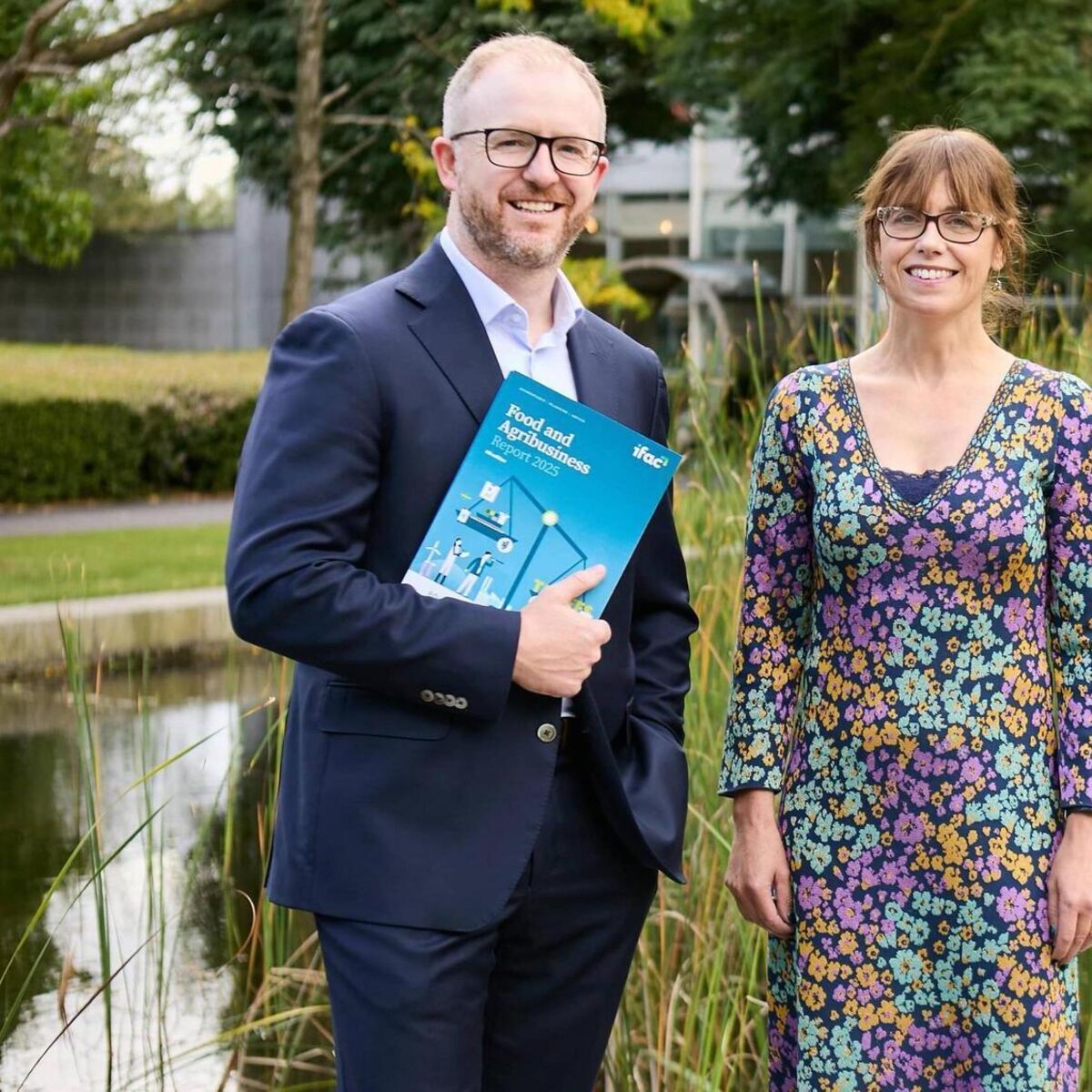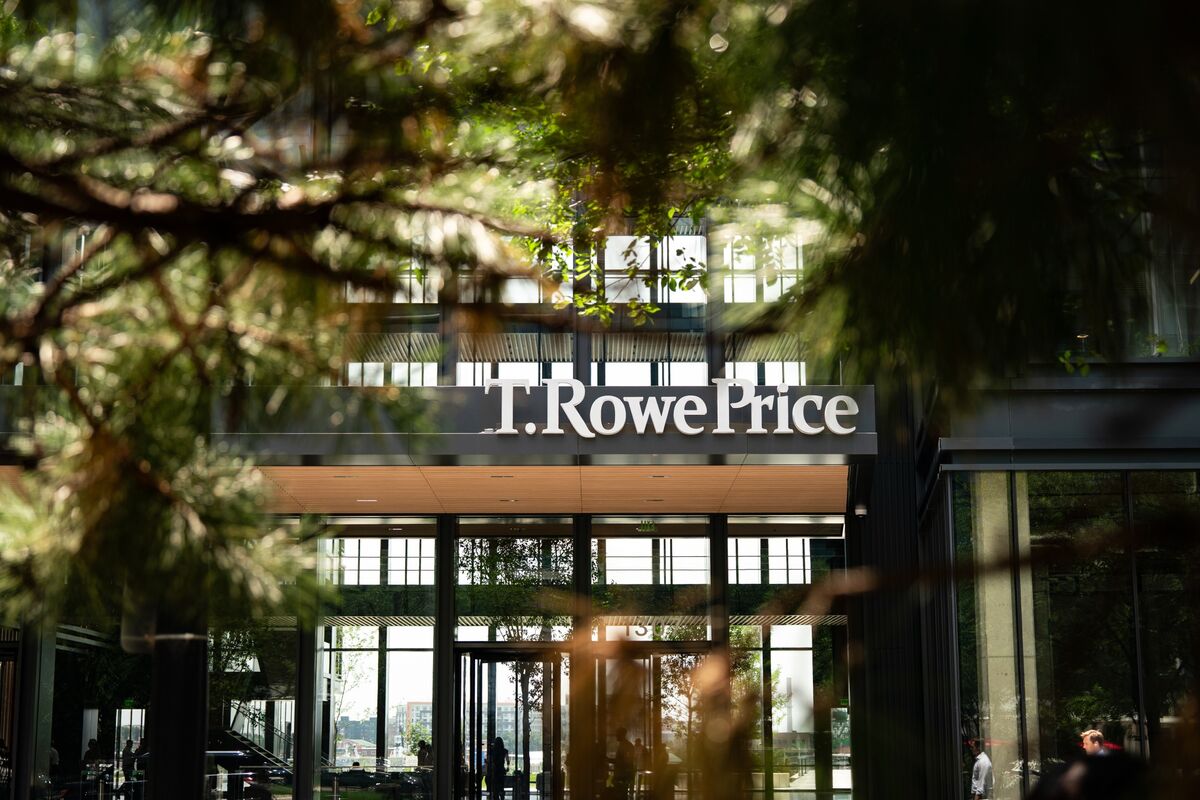By Irishexaminer.com,Martin Claffey
Copyright irishexaminer

The overwhelming majority of businesses (89%) have maintained or grown international sales in the past 12 months, with the UK and Europe remaining key markets. Irish agrifood exports grew by 5% to €17bn last year, according to Bord Bia, and this was reflected in the Ifac survey, with 56% of respondents seeing a growth in their international sales in the past 12 months. Half of respondents export to the UK, and one in four to the US. However, 66% of those exporting to the US cite tariffs as a top challenge. Market entry and distribution are viewed as other key challenges to growing exports.
Overall, companies are cautious about investing, with 44% of businesses delaying investment due to uncertainty. “Our report shows that the cost of doing business is a central concern and a persistent pain point – 80% of businesses cite increasing cost pressures,” said Ifac head of growth and agrifood consulting David Leydon.
Increasing costs were the number one challenge for businesses, according to respondents, followed by trade and tariffs and staffing availability. Ifac said 41% of businesses surveyed plan to increase the size of their workforce in the next 12 months. Most (60%) business owners are still finding recruitment difficult but staff retention difficulties have eased, falling to 23% from 35% in 2024.
Almost half (46%) of leaders are still unaware of their upcoming obligations under the new EU Wage Transparency Act. The act comes into force in June 2026 and means employers must share information on salaries and take action if their gender pay gap exceeds 5%.
Meanwhile foreign exchange is another concern for businesses, according to Ifac’s report, with around 70% of companies said they were not invoicing in euros, exposing them to currency volatility.
Sustainability is now seen as a key consideration for business, with opportunities to differentiate through sustainable practices. ”Back in 2019, just 43% of companies were using sustainable packaging. Fast forward to 2025, and 83% of respondents report receiving a similar or increased number of requests for sustainability data from their customers in their value chain over the past year,” said Mr Leydon.
The report also identifies the challenge of the rapid adoption of AI. It said that 77% of leaders are using tools such as ChatGPT or Microsoft Co-Pilot, but only 27% of business leaders are confident they understand the data security and privacy risks in navigating AI. In 2024, 44% of businesses were applying AI in the workplace and that increased to 53% in 2025.
The thorny issue of succession in agribusiness remains a concern. The Ifac report noted that 77% of business owners surveyed said they do not have a clear succession or leadership transition plan in place. “Whilst optimism for the future is high, succession planning remains a chronic weak spot,” said Ifac chief executive John Donoghue.
The 2025 survey was conducted in July and August with 136 businesses across Ireland, covering sole traders, micro, small, medium and large enterprises. Turnovers ranged from under €20m to over €20m.



